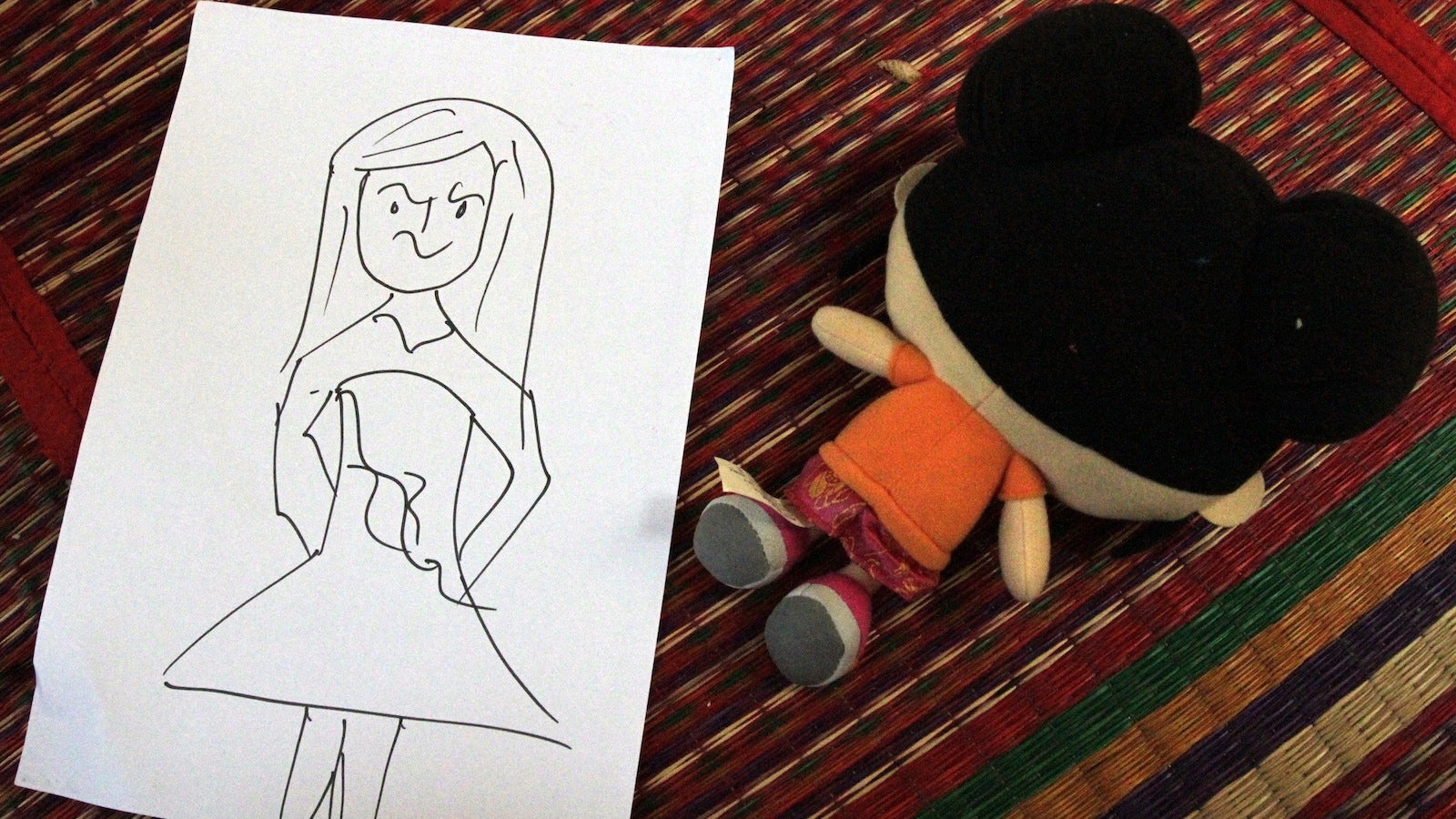Like the Indians who united to protest the Delhi bus rape, will Pakistanis rise against child abuse?
On December 16, 2012, a 23-year-old medical student got onto a bus in New Delhi, where a group of men brutally assaulted and gang-raped her. She was then thrown off the moving bus and left to die on the road.


On December 16, 2012, a 23-year-old medical student got onto a bus in New Delhi, where a group of men brutally assaulted and gang-raped her. She was then thrown off the moving bus and left to die on the road.
The incident led to an unprecedented level of public outcry. Huge demonstrations and protests were staged across India. Massive debates on society’s attitudes toward women and their abuse happened. Sexual violence could no longer be kept hidden behind a veil; it had to be confronted.
India rose.
The Justice Verma Committee—formed to propose amendments to improve the system—came up with far-reaching proposals in a very short span of time. Many of the proposals were implemented and, as a result, an overall improvement with regard to the safety of women has been observed. Several reports indicate that there is a greater willingness to report rape and molestation cases.
On Saturday, news broke that a vast cache of child abuse videos had been recovered from Husain Khanwala, a village near Kasur in Pakistan. According to some reports, 280 children, most of them less than 14 years of age, were sexually abused and filmed.
Initial reports suggest that the videos are from the year 2006 onwards. The gang which allegedly ran the ring extorted millions from the parents of the children abused by forcing the victims’ families to pay up or face shame through the videos.
The news is shocking and repulsive to the core. The scale and extent of the abuses are unparalleled. However, the abysmal response of the authorities is least surprising.
The usual outright denial has been followed by efforts to turn attention to some underlying ulterior motive for the accusations, and finally, now that the heat is getting to be too much, attempts to understate the scale of the abuses.
Even though the scale and extent of the abuses in Kasur are unparalleled, the nature is not. Child abuse is rampant in Pakistan, everyone secretly admits that it is a problem, but hardly ever openly. That needs to change.
The sheer absence of discourse on the issue begs a radical awakening from a slumber that has stolen too much innocence for far too long.
What the authorities are or are not doing is hardly relevant to the broader debate which should be taking place. The question is, will this ugly tale shake us out of our collective apathy, lethargy and denial?
A few heated talk shows and political parties engaging in point-scoring will hardly suffice. We need to rise; rise like India did, if we are ever to confront this disease which is afflicting our children.
Will we come out onto the streets like the people in New Delhi did, like the people in Bangalore did, like the people in Kolkata did? Can Islamabad, Lahore and Karachi not muster similar courage?
God knows we owe it to the abused and tortured sons and daughters of Pakistan, whose innocence is lost forever.
Only if we erupt together for justice can we destroy vices like these and the systems that support them.
Will we?
This post first appeared on Dawn. We welcome your comments at [email protected].